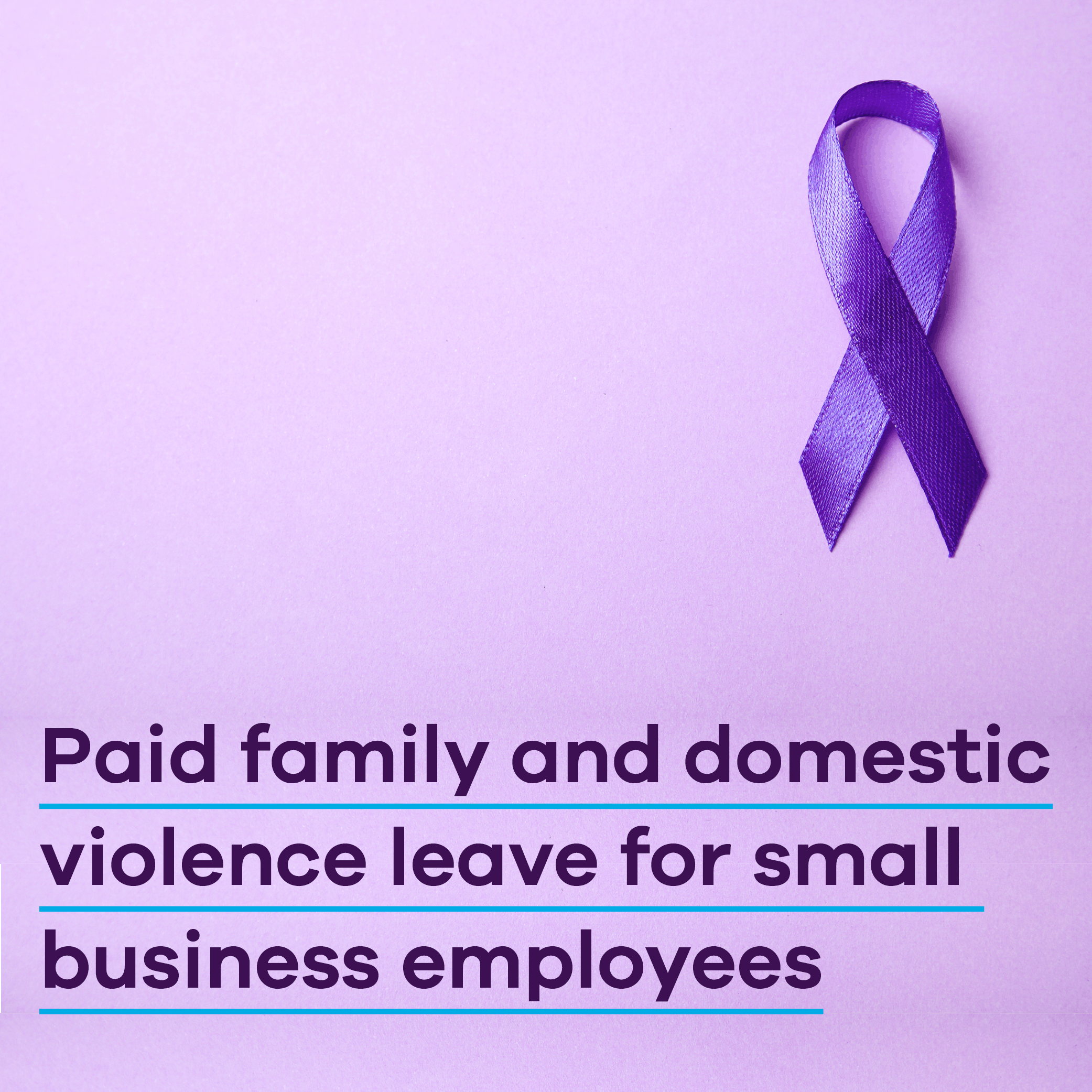
Indicators of a Thriving Workplace survey
Find out what it takes for a workplace to thrive and some things you can do in your own small business.
From December 2023, the Australian Human Rights Commission will have new powers to investigate and enforce ‘the positive duty’. This means that they can investigate small business owners that are not taking proactive steps to prevent sexual harassment and discrimination in the workplace. Workplace sexual discrimination and harassment can have negative impacts on mental health, productivity and attendance at work, staff turnover, business reputation, workers compensation premiums and legal costs. Managing these claims can be a huge stress on small business owners who need to navigate these complex issues. But responding to a complaint or incident is not enough, you must also take proactive steps to create safe and respectful workplaces. What do you need to know?The Australian Human Rights Commission has created a resource for small business owners to help navigate your obligations.
What do you need to do?Get to know the seven guiding principles developed by The Australian Human Rights Commission:
Additional resources
|

Find out what it takes for a workplace to thrive and some things you can do in your own small business.

From 1 August 2023 small businesses will be required to provide full-time, part-time and casual employees with 10 days of paid domestic violence leave per year.

Over 10,000 Australian workers completed Superfriend’s latest mental health and wellbeing survey which found that many small businesses have the potential to play a positive role in enabling Australian workers to thrive.
Small Business Guides to Mentally Healthy Workplaces, boosting employee retention with workplace mental health and the National Mental Health Commission's new online platform, Mentally Healthy Workplaces, and more.